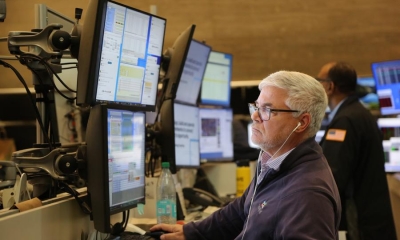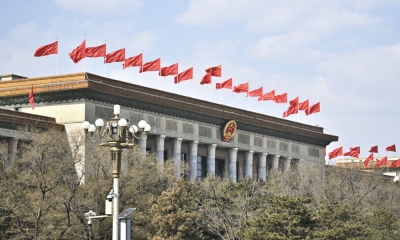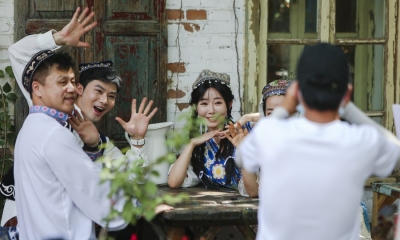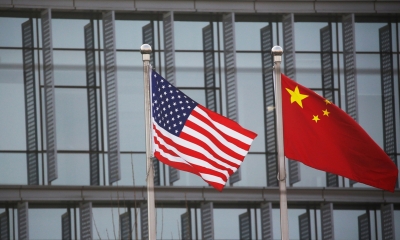China’s Success in Fighting COVID-19 should be an Eye-Opener for the West
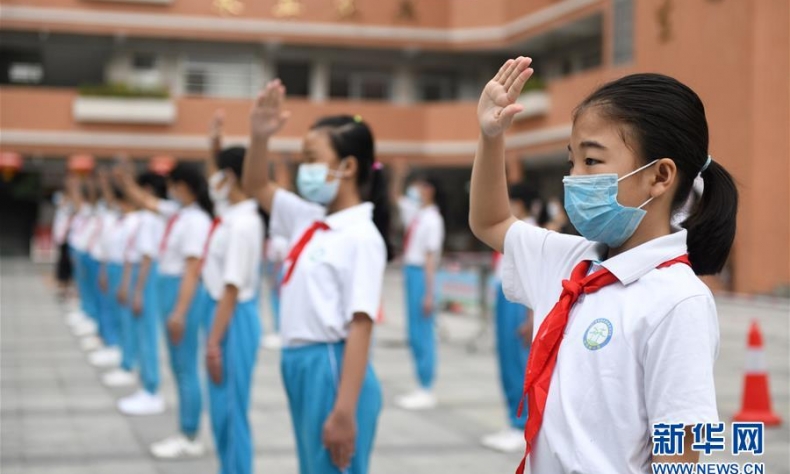
We may have something to learn from the Chinese model of fighting threats like the coronavirus, and perhaps even something to learn from China in the art of good governance.
The world was taken aback by the novel coronavirus outbreak that was first reported in Wuhan, capital city of Hubei Province in central China with a population of over 11 million. The Chinese authorities were also initially unaware of what they were dealing with but the moment they realized they were dealing with a wholly new and highly contagious virus, which exhibited human-to-human transmission, they shut down the entire city, and soon after, the entire province as well.
If any other nation had attempted to do something similar, there would have been panic. But while this rigorous stay-at-home regime no doubt disrupted the lives of Wuhan residents, it did not lead to widespread complaints or people flaunting the restrictions. The whole nation fighting as one tactic worked. At a certain point, President Xi Jinping characterized it as a people’s war, and the entire nation was involved in ensuring a victory.
The role of the Communist Party of China (CPC) was, of course, key in securing this victory. With the disciplined cadres of the CPC mobilized to meet the needs of the people, other elements of the population were also brought into play.
A collective and coordinated response was another characteristic of the national battle against the novel coronavirus. More than 40,000 medical workers were deployed from other parts of the country to Wuhan to help with treating the infected. Emergency hospitals were constructed in record time. A major system of testing was created to get a clear reading on the number of people infected and asymptomatic carriers. At the same time, a system was established for people to buy their goods in a way that was safe, and a delivery system was set up.
The expanse in recent years of new means of telecommunication, artificial intelligence and big data all came to help in the fight against the virus and served as a support to ensure that people were adhering to the restrictions and not falling off the wagon. The development of a highly modernized hospital and medical system, backed up by the medical resources of the People’s Liberation Army, also helped China to cope with the virus in record time.
Foreign observers were astounded at the measures. Though some voices were highly critical, calling the measures “draconian” and complaining of the “high-handed” tactics of the Chinese Government, by the end of January, cases began to appear in Europe and then in the United States. The shoe was then on the other foot.
Some of the affected nations reacted wisely and began to follow the Chinese model. Many accepted the helping hand offered by China in the form of equipment and medical personnel. In Italy, in the long run, the Chinese model was basically implemented. In the United States, however, not willing to follow the “model” of a “rival” nation, measures were either too slow or entirely lacking, as witnessed by the tremendous number of deaths.
The people of China, on the other hand, reacted differently to the crisis. There was no loose talk in China, as there was in the West, about “herd immunity,” or letting the virus spread to let enough people recover from it in order to “immunize” the population, and in the process sacrifice the elderly, who were most prone to die from it. Nor did you get demonstrations by people refusing to wear masks and demanding that the economy open up in spite of the risk it posed to the health of the masses.
There seemed to be a general understanding in China that the measures demanded by the government were ultimately for the benefit of the people. Trust was shown in the government and in the ruling CPC, in stark contrast with the distrust of government and politicians so prevalent in the West.
In this sense, we may have something to learn from the Chinese model of fighting threats like the coronavirus, and perhaps even something to learn from China in the art of good governance.
The author is the Washington bureau chief of Executive Intelligence Review news magazine.
 Facebook
Facebook
 Twitter
Twitter
 Linkedin
Linkedin
 Google +
Google +




